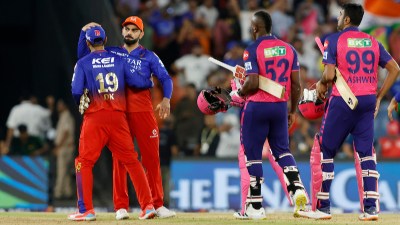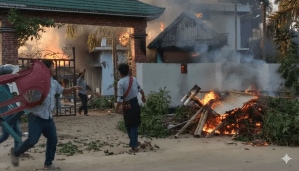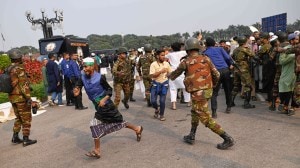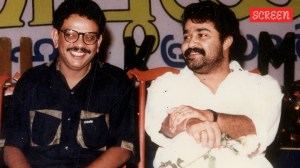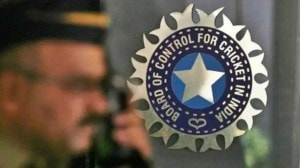Looking past Yogendra Yadav resignation, SKM plans to hit refresh
Farmers’ outfit has decided to expand its coordination committee, frame a constitution, and formulate a new charter of demands
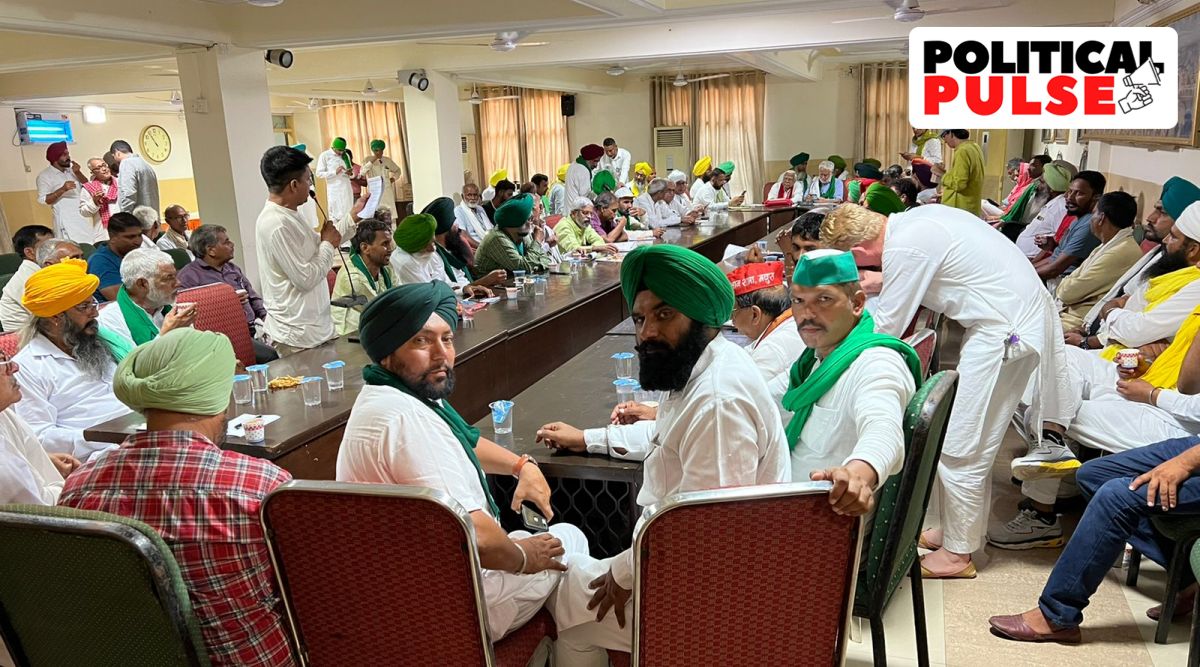 General body meeting of SKM was held on Sunday in Rakabganj Gurdwara, New Delhi.
General body meeting of SKM was held on Sunday in Rakabganj Gurdwara, New Delhi.
Then there were four. The Samyukta Kisan Morcha (SKM) that led over a year-long farmers’ protest against three central farm laws at Delhi’s borders starting September 2020 started with nine coordination committee members. But soon after the government repealed the laws in November 2021, fissures started appearing and the number of leaders in the farm outfit’s top body started to dwindle.
The latest leader to step down from the SKM coordination committee is academic-turned-politician Yogendra Yadav who said in his resignation letter on September 4, “Energies of all movements and Opposition political parties should be joined to fight against the anti-farmer Modi government. So, for this, I am in touch with other movements apart from the farmers’ movement.”
Yadav is one of the leaders expected to be a part of the Congress’s “Bharat Jodo (Unite India)” Yatra that is scheduled to begin in Kanyakumari, Tamil Nadu, on Wednesday. The 3,500-km-plus yatra will cover 12 states and will be held over 150 days. In 2015, Yadav founded the Swaraj Abhiyaan or Swaraj Party, which has contested elections without making a mark. Pointing out that he is a member of the Jai Kisan Andolan, the Swaraj Abhiyan’s farmers’ wing, Yadav said in his resignation letter that he would always remain a footsoldier of the SKM.
The Swaraj Party leader had previously got into trouble with the SKM leadership last October when he was suspended for a month for meeting with the families of BJP workers killed in the Lakhimpur Kheri violence. The violence was a reprisal against the mowing down of four farmers who were part of a group protesting against Union minister Ajay Mishra. The farmers were run over by a convoy of cars, among them one linked to the minister. Mishra’s son has been arrested in the case.
With Yadav stepping down, the only people left in the farm outfit’s coordination committee are Dr Darshan Pal, the president of the Krantikari Kisan Union, Bharatiya Kisan Union (BKU) Ugrahan president Joginder Singh Ugrahan, CPI(M) leader Hannan Mollah, and BKU (Tikait) general secretary Yudveer Singh.
Brushing off the loss of Yadav, the SKM has decided to revitalise its top decision-making body, expand it, and frame a constitution. “To select the new names, an 11-member draft committee has been formed,” BKU (Dakaunda) general secretary Jagmohan Singh Patiala told The Indian Express. “They will give suggestions in the next general body meeting, which will be held in October first week in Delhi. Those suggestions will be discussed in the SKM’s general body and later on a decision will be taken.”
The organisation also plans to formulate a new charter of demands but old demands, including Minimum Support Price (MSP) and its legal guarantee, withdrawal of electricity amendment bill, loan waiver for farmers, crop insurance, pension for farmers, Ajay Mishra’s removal from the Union government and his arrest, and withdrawal of FIRs against farmers, will remain part of it.
The SKM also plans to organise movements at block and tehsil levels across the country from September 15 to September 25, and hold meetings with MPs to ensure the outfit’s demands are heard in Parliament. The SKM also plans to observe October 3 as “Lakhimpur Kheri murder day” and burn effigies to protest against the Central government.
Fissures in SKM
The first fissures in the SKM appeared over the contesting of elections. Last December, BKU Rajewal president Balbir Singh Rajewal, the man behind the formation of the outfit, announced the formation of a political party, the Sanyukt Samaj Morcha (SSM). The same month, another coordination committee member, BKU Haryana president Gurnam Singh Chaduni formed Sanyukt Sangrash Party (SSP). Both announced they would contest elections in alliance and were promptly removed from the coordination committee.
In July, two more coordination committee members, BKU Sidhupur president Jagjit Singh Dallewal and Rashtriya Kisan Mazdoor Mahasangh president Shiv Kumar Kakka parted ways from the organisation due to differences in ideologies. They set up their own outfit, SKM (non-political).
- 01
- 02
- 03
- 04
- 05


